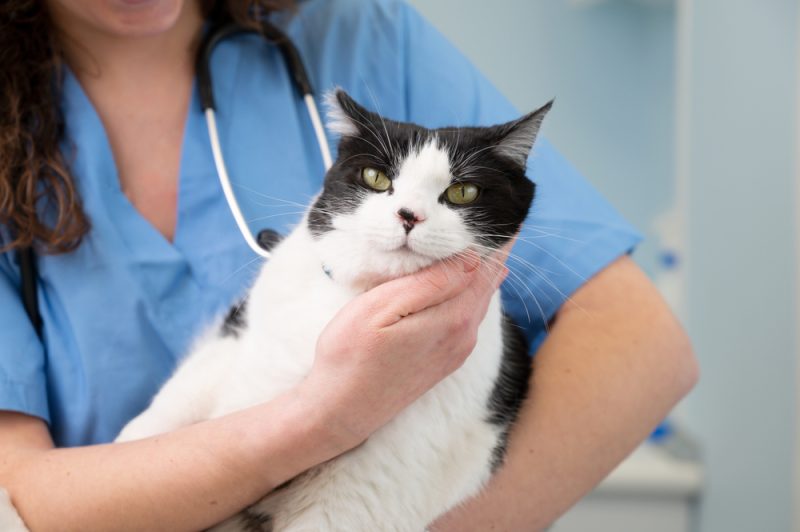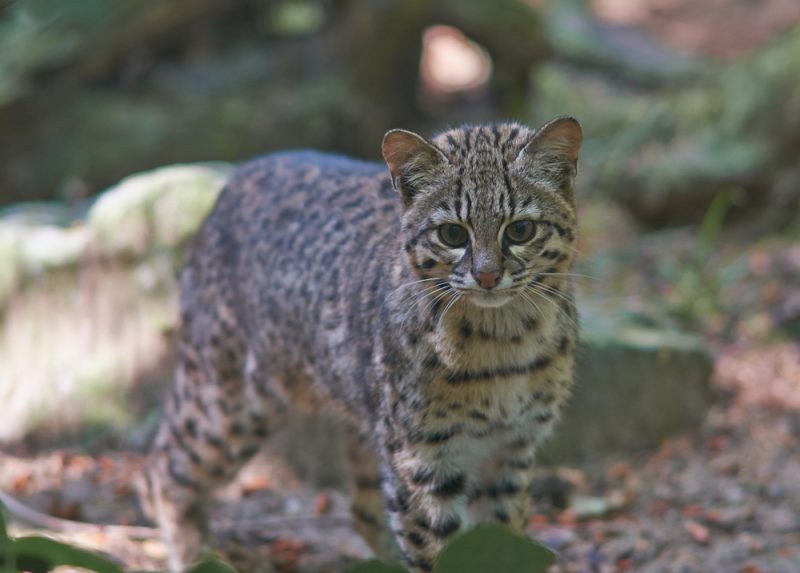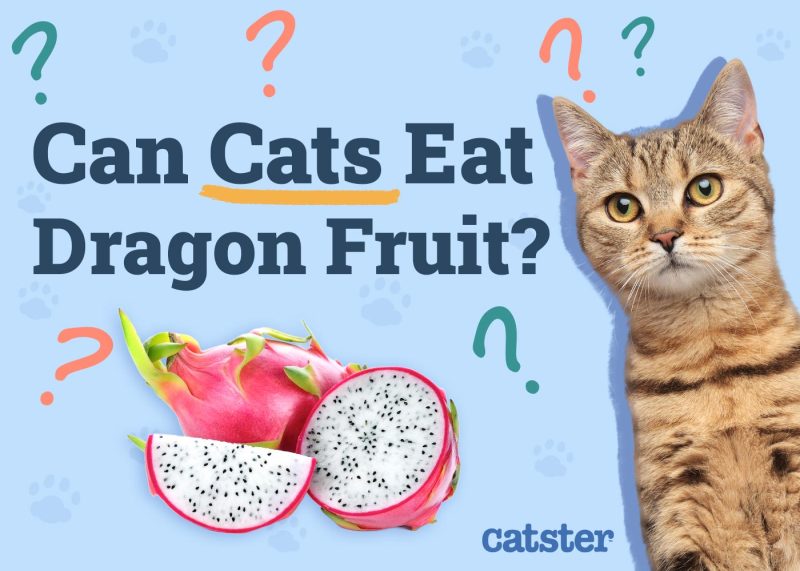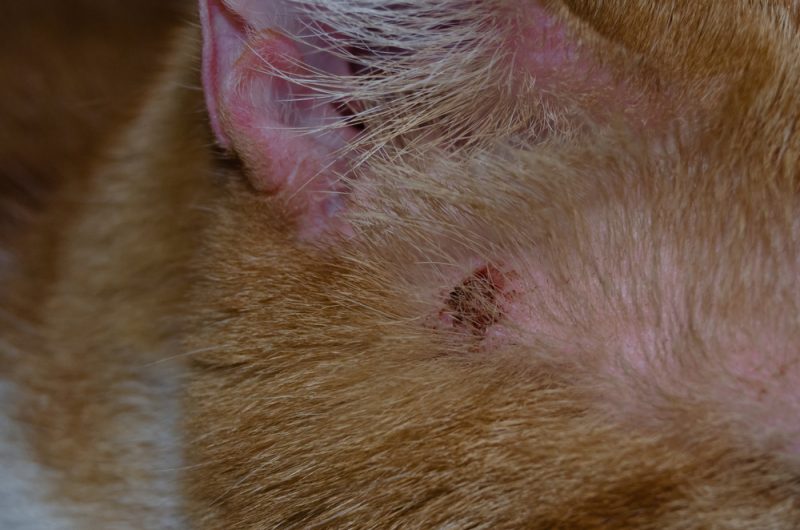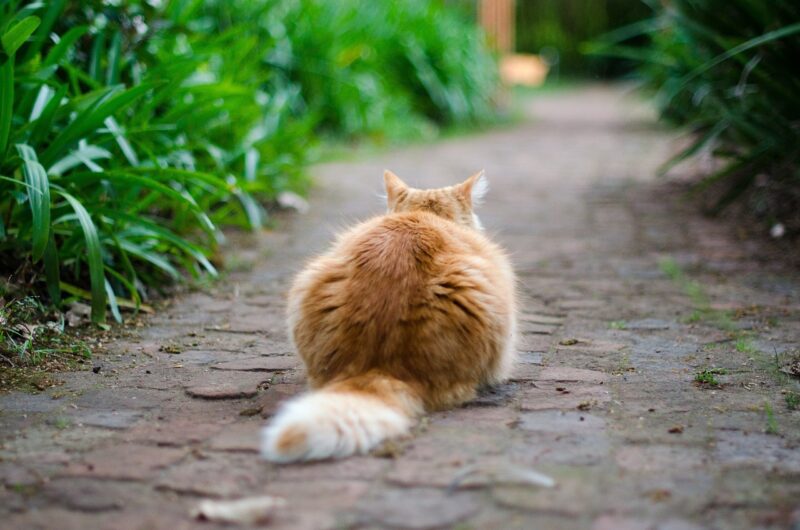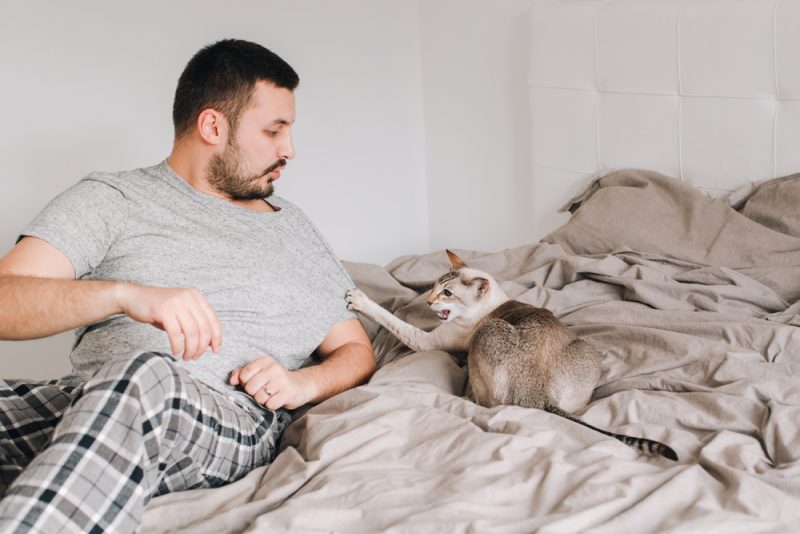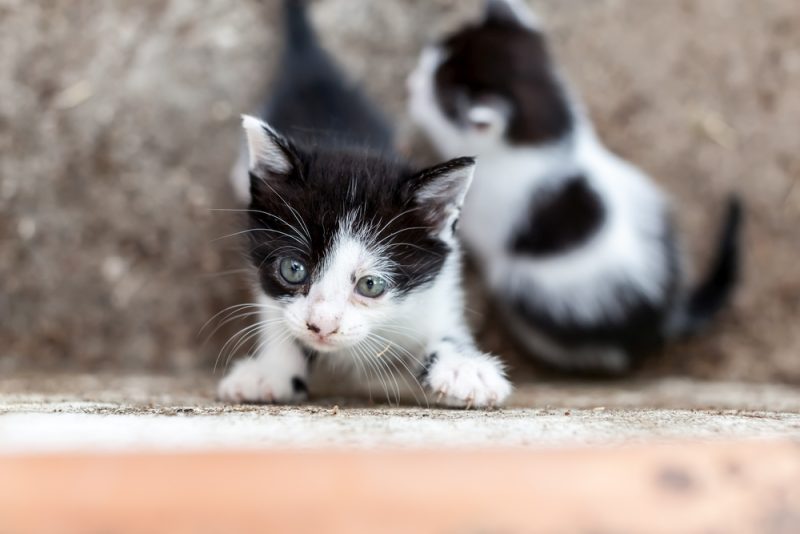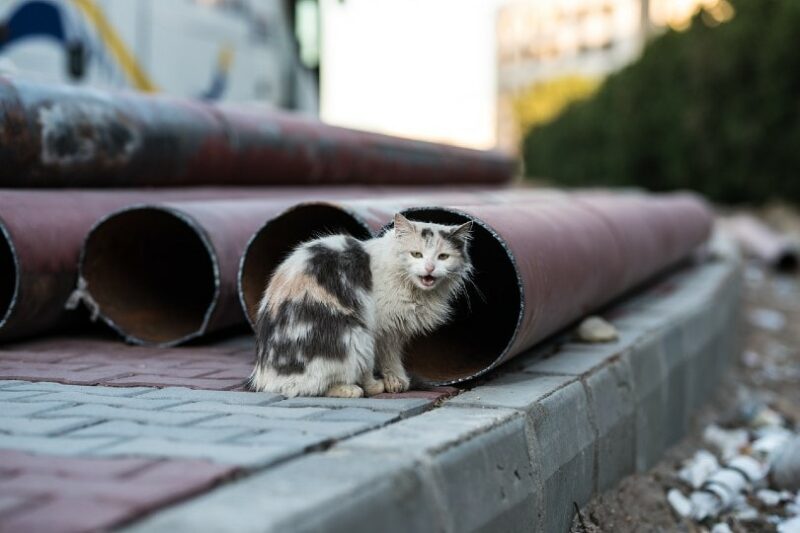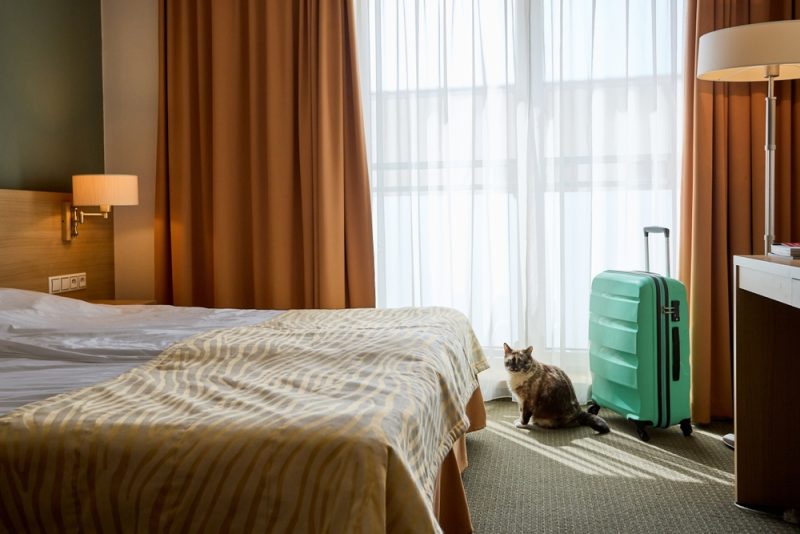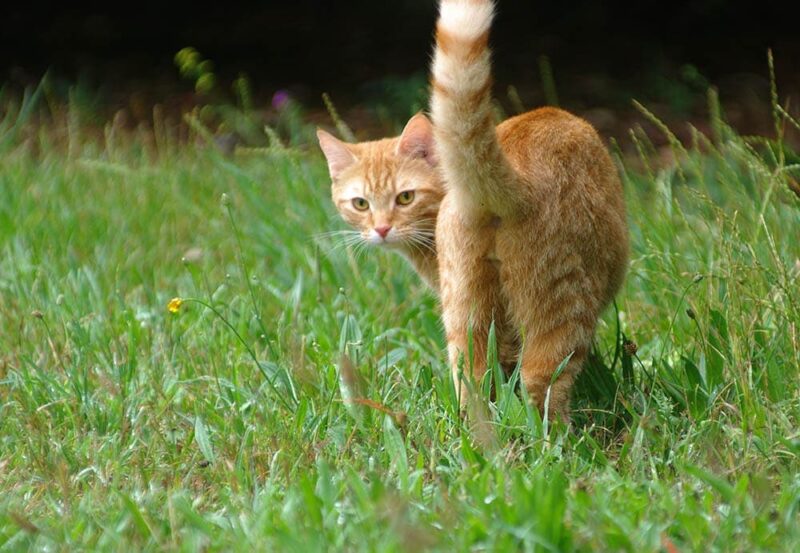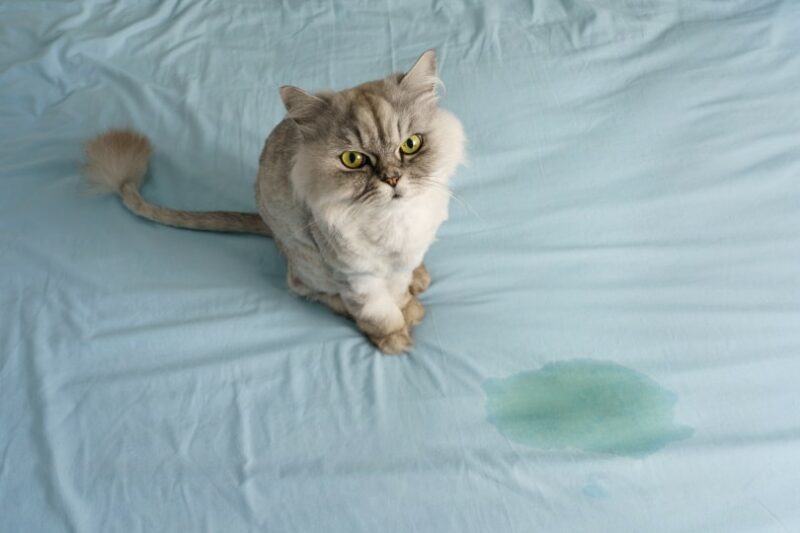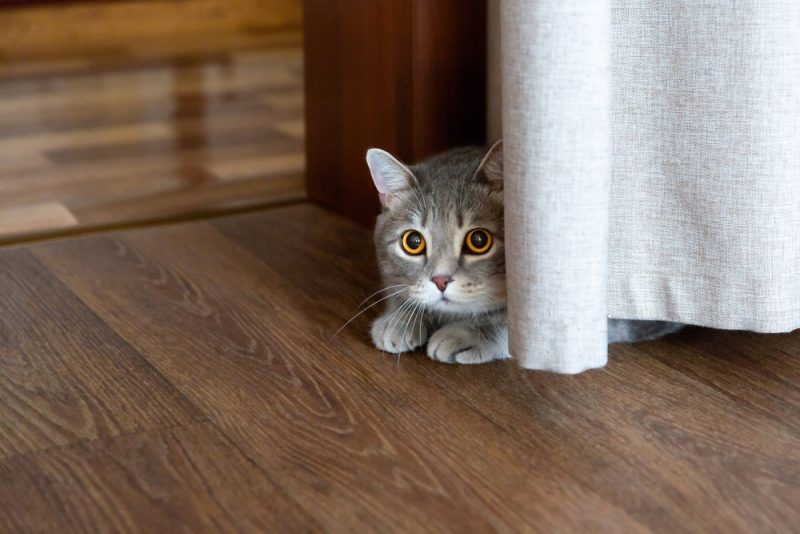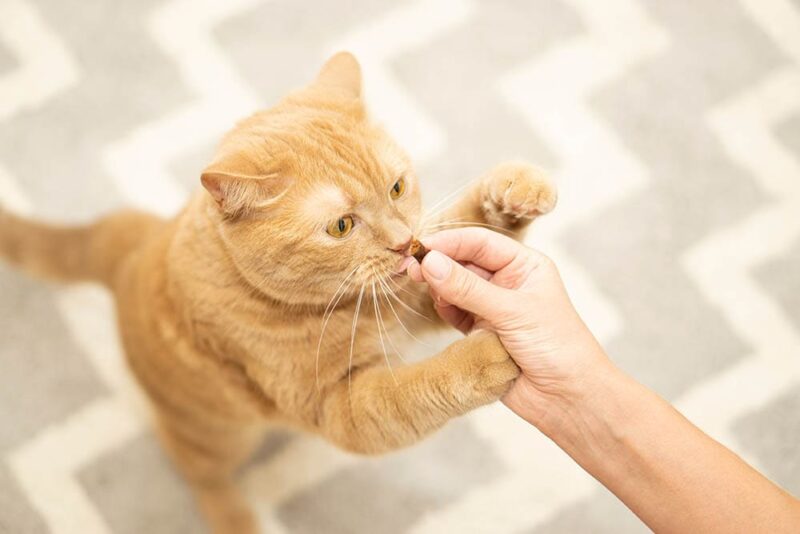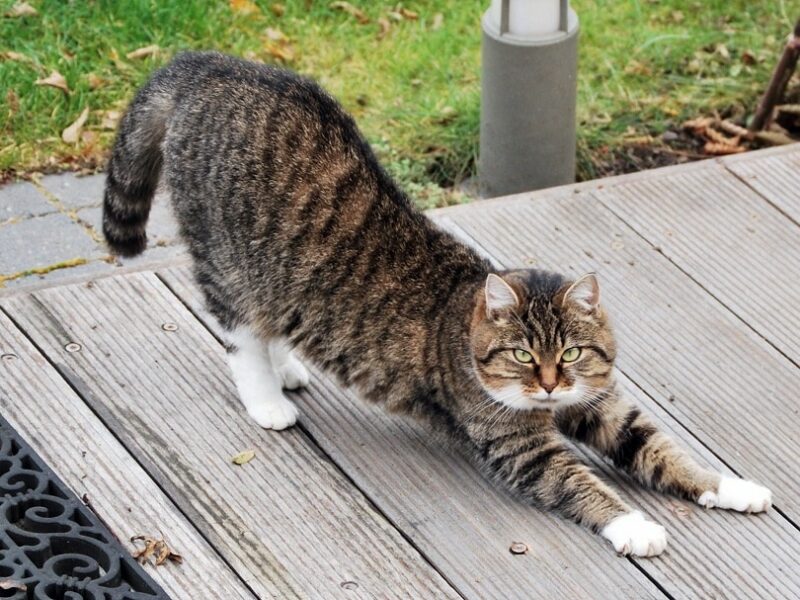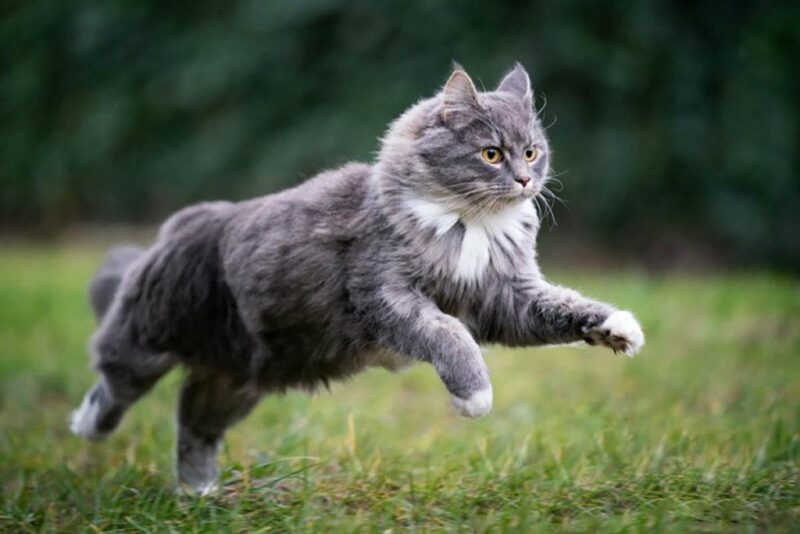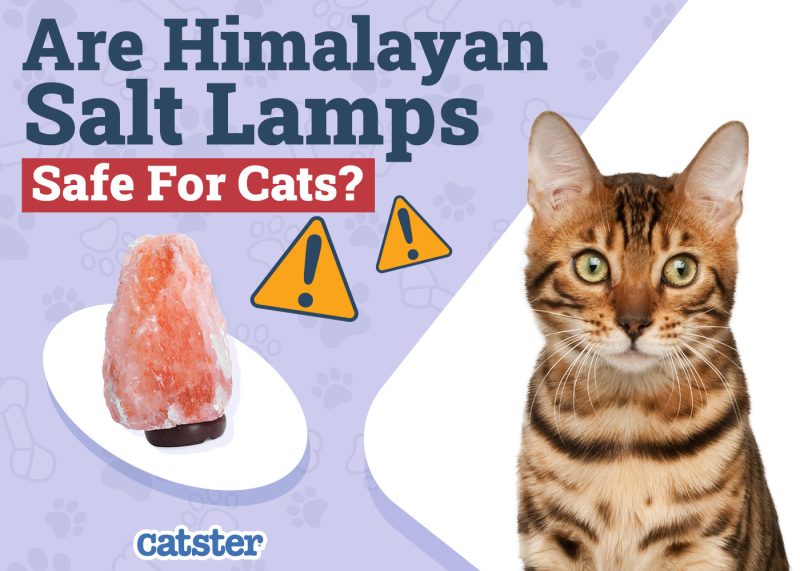In this article
Given that dental disease and its subsequent problems are very common in cats, a staggering 50 to 90% of cats over 4 years old have some form of dental disease present. It may be no surprise to have discovered that your kitty is one of them and needs some dental work. Many dental problems are preventable, but in cats, the most common issues seen are gingivitis (inflammation of the gums), periodontitis (a more severe form of dental disease affecting the teeth, tissues surrounding the teeth, and the bone), and tooth resorption (destruction of the crown and root).
Dental procedures are common in veterinary practice, and your cat is usually discharged the same day, provided there are no complications, but it may be alarming to find your cat’s jaw swollen when you were expecting them to be well. While this can be a normal reaction, let’s look at all the possibilities to explain the swelling.

Why Is My Cat’s Jaw Swollen After Dental Work?
A simple scale and polish procedure is unlikely to cause a swelling in their jaw, but if your cat has had a procedure such as a tooth extraction or another form of dental or oral surgery, a certain amount of swelling may be expected. A veterinarian will inform you of this so as not to startle or shock you. Usually, this settles within a few days as the body heals itself. Your cat will also likely be given a special analgesic to kill the pain and reduce the swelling.
- Trauma or Injury: During dental procedures, accidental trauma or injury to the jaw or surrounding tissues can occur, especially if it is a more complex procedure. This can all lead to swelling.
- Infection: Following any dental procedure, infections can develop due to bacteria, or an infection may have already been present. This can cause swelling of the affected area as the body tries to fight off the infection.
- Allergic Reaction: Cats can have allergic reactions to medications, anesthetic drugs, or materials used during dental procedures and/or surgery. Allergic reactions often bring about swelling or puffy-looking tissues.
- A Tumor: A lump or tumor (benign or malignant) may be present, but realistically, this would have been noted beforehand. A fluid-filled or pus-filled lump is possible post-surgery, though.
Once you are comfortably at home with your fur baby, monitor them closely for any signs of discomfort or worsening infection. Check out our list further down for signs to watch out for and when to call the vet.
If you need to speak with a vet but can't get to one, head over to PangoVet. It's an online service where you can talk to a vet online and get the advice you need for your pet — all at an affordable price!

Is Swelling Normal After Cat Tooth Extraction?
Tooth removals are frequently performed on cats, and some swelling at the extraction site can be considered normal as any interference or trauma to the body elicits an inflammatory response. Generally, you will not notice this type of swelling at home. Therefore, noticeable swelling, severe pain, bleeding, or any signs of infection (for example, pus or a foul smell) warrants a prompt call to a veterinarian for advice or further treatment.
To manage the temporary swelling and help the healing process, the veterinarian may recommend one or all of the following:
- A cold compress: Applying a wrapped ice pack or a cold cloth to the area can help reduce swelling. Be sure not to apply ice directly to the skin, as it can cause cold burns.
- Pain management: A vet most likely will prescribe pain relief medication to keep your cat comfortable and to aid the healing process.
- Restricted activity and diet: Encourage your cat to rest and avoid activities that could disturb or move the head and mouth too much. The vet might also recommend a soft diet for a few days to prevent irritation of the extraction site and to make eating less painful and difficult.
What to Watch for After Your Cat’s Dental Surgery
The majority of the time, your cat will recover quickly and easily, as most dental work is very successful. However, there are times this won’t happen, and no procedure is without risk. Keep an eye on your cat, and if you spot any of these signs, call a veterinarian, as they may need a check and further treatment.
- Behavioral changes, such as aggression or avoiding people
- A foul smell coming from your cat’s mouth
- Lethargy or dullness
- A slight swelling on the lower or upper jawline or under the eye
- Reduced appetite or not eating
- Bulging eye
- Pawing at the mouth or head
- Fluid or blood coming from the mouth or nose
- Drooling
- Rubbing their head on the floor
- Dropping food while eating
- Vocalization
- Difficulty breathing
- Altered drinking pattern (reduced or increased)
How Long Does It Take a Cat’s Mouth to Heal From Dental Surgery?
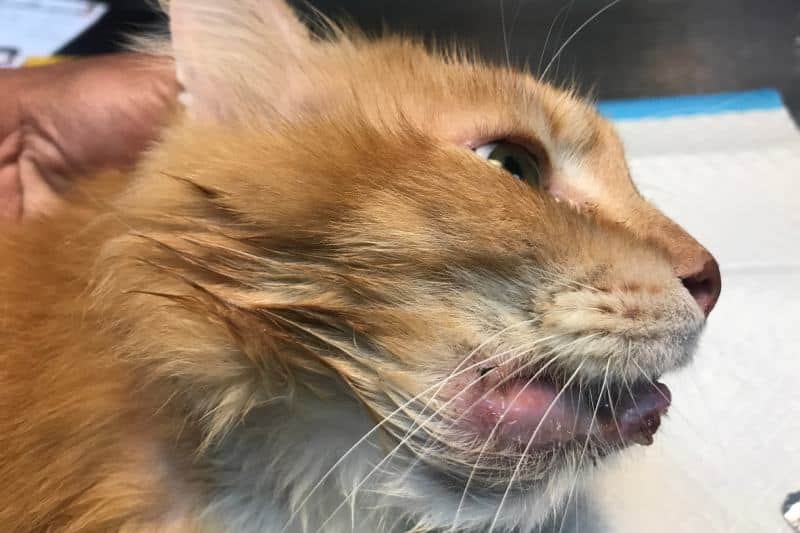
The healing time for a cat’s mouth after dental surgery varies depending on the complexity of the surgery, the type of work carried out, and your cat’s overall health. The mouth and oral tissues, in reality, heal well and quickly, barring any complications. In general, it can take anywhere from a few days to around 2 weeks for your cat’s mouth to heal fully.
You can help your cat recover quickly by following the care guide the veterinarian will have given you when you collected your cat and keeping post-operative check-up appointments. Offer your cat the food advised by the vet. Usually, this is soft food. Administer any medication the vet gave you. This is important to prevent any infections or to treat existing ones while also controlling pain relief.

Conclusion
Dental work on cats is very commonplace and, for the most part, is uneventful. Some swelling is to be expected. However, anything that is worrying you or causing further pain and swelling needs to be looked at by a veterinarian.
See Also:
- Sudden Cat Face Swelling: Causes, Treatments & FAQ (Vet Answer)
- Why Is My Cat’s Jaw Clicking? Vet-Approved Explanation!
Featured Image Credit: David Herraez Calzada, Shutterstock
